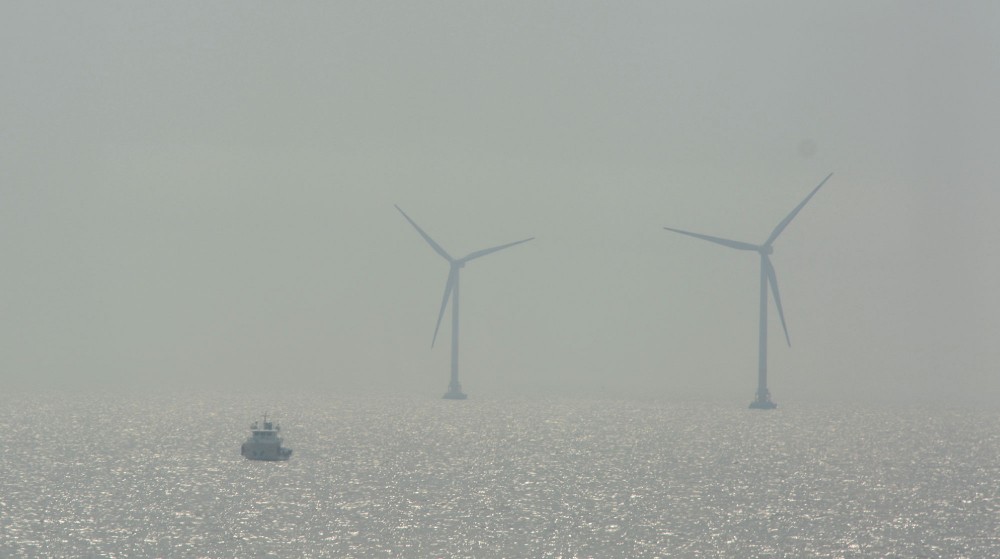Norwegian authorities are increasingly under pressure to build new capacities for production of renewable power. In March this year, two areas in the North Sea were presented as sites for wind farms. Now, another 18 acreages are identified.
According to the expert group headed by the country’s Water Resources and Energy Directorate (NVE), there are suitable areas for wind power farms all along the Norwegian coast, from the southernmost waters in the North Sea to the far northern parts of the Barents Sea.
Among the four areas in the Barents Sea is the block Nordavind A (“North Wind A”) located at 71° North and covering an area of about 2,500 square km. It is situated about 50 km north of the mainland and was part of the waters delineated Norway and Russia in the 2010 land mark border deal.
The Norwegian oil industry long saw this as a highly prospective area, but exploration drilling gave no major discoveries, and the companies subsequently decided to abandon the area.
According to Norway’s Petroleum Directorate, it is important that new offshore wind farms are not built in areas of major relevance for the oil industry.
“For us, it is crucial that potential values from petroleum and CO2 [storage] are not lost as a consequence of wind power development,” says Kjersti Dahle from the Directorate.
“Some of the proposed areas appear challenging with regard the petroleum,” she admits.
Norwegian authorities intend to build as much as 30 GW of new capacity, which will mean almost a doubling of the country’s existing electricity generation.
All proposed wind power blocks are now to be subject to further studies before decisions on opening and development are taken. Tenders are unlikely to be held before 2025, the expert group informs.
On the same day as the authorities announced the new blocks, oil company Vår Energi informed that it had entered into cooperation with wind power developers Odfjell Oceanwind and Source Galileo about a pilot project on floating offshore wind at its Goliat oil field. Currently, the oil production installations are powered by electricity from the mainland.
The project is named GoliatVind and aims at using the 75 MW power cable to help increase the level of renewable power production in the Finnmark region, the company informs.
Offshore wind power in the horizon. Photo: Atle Staalesen

No comments:
Post a Comment